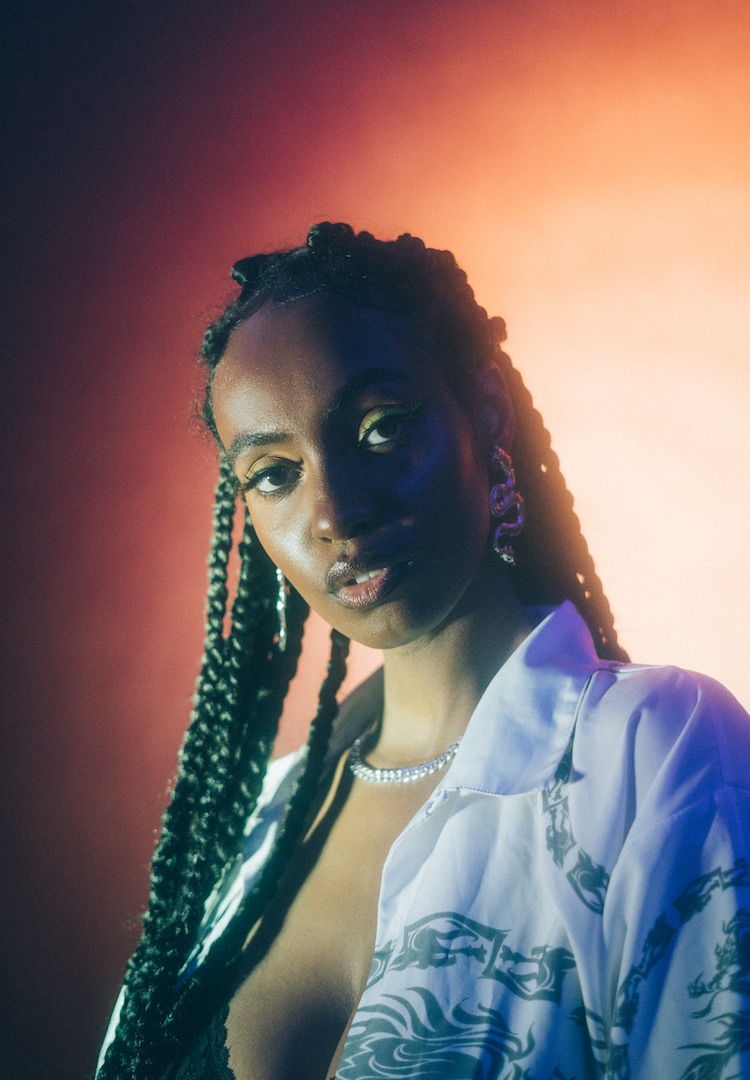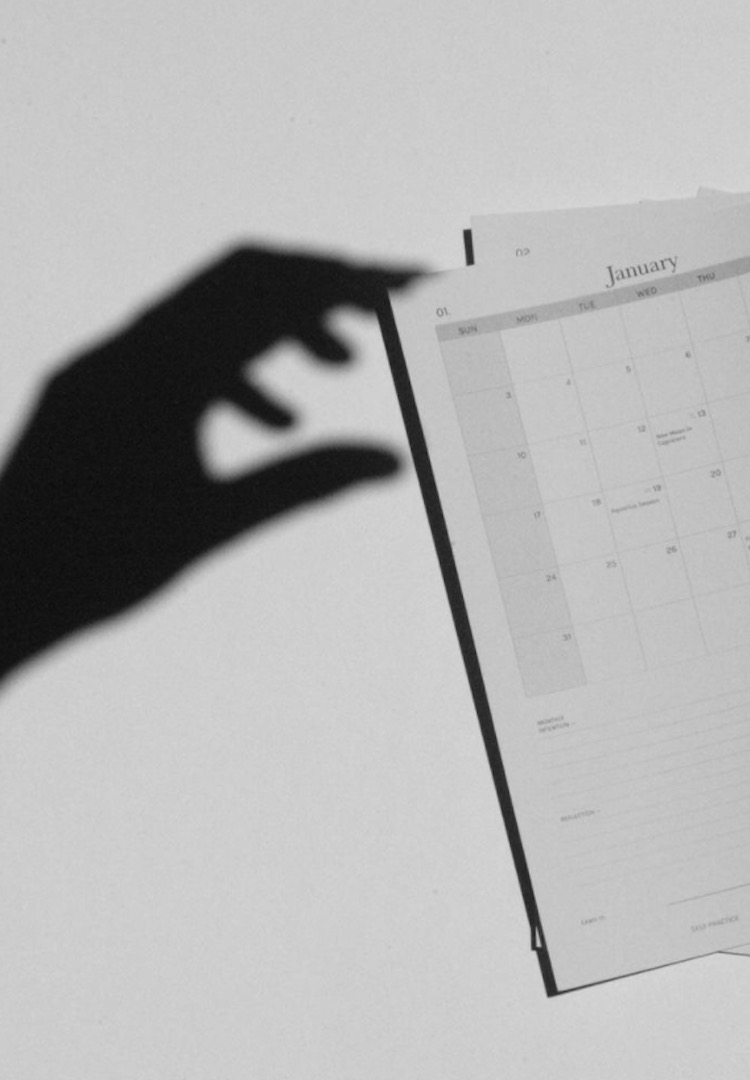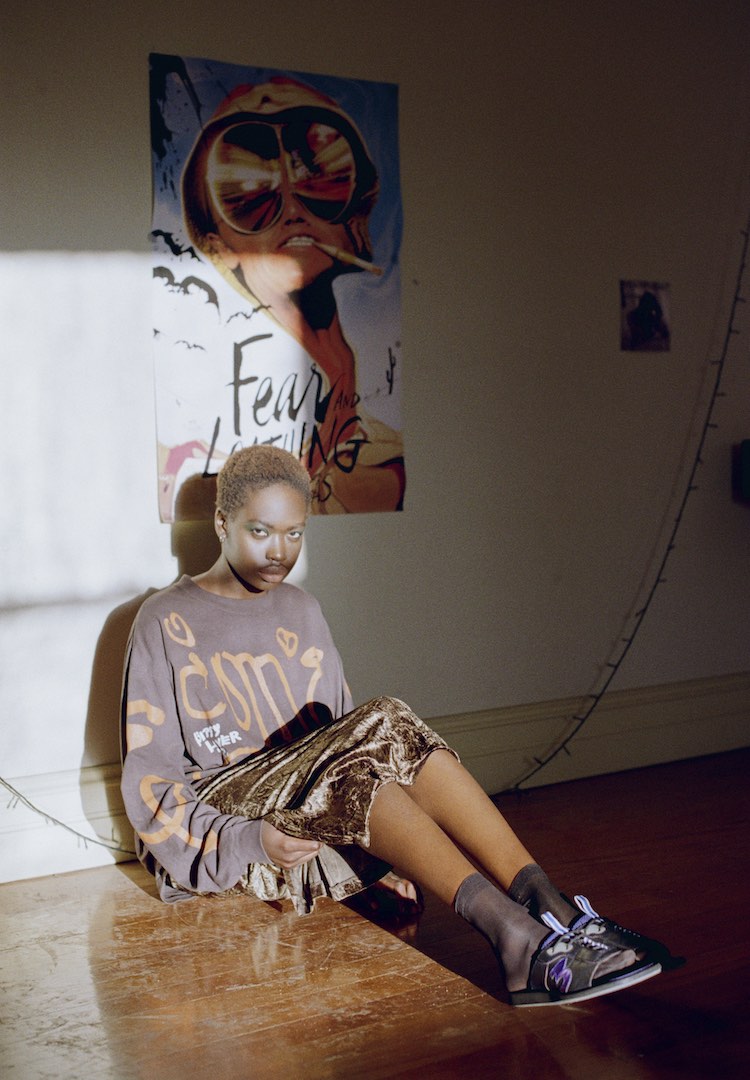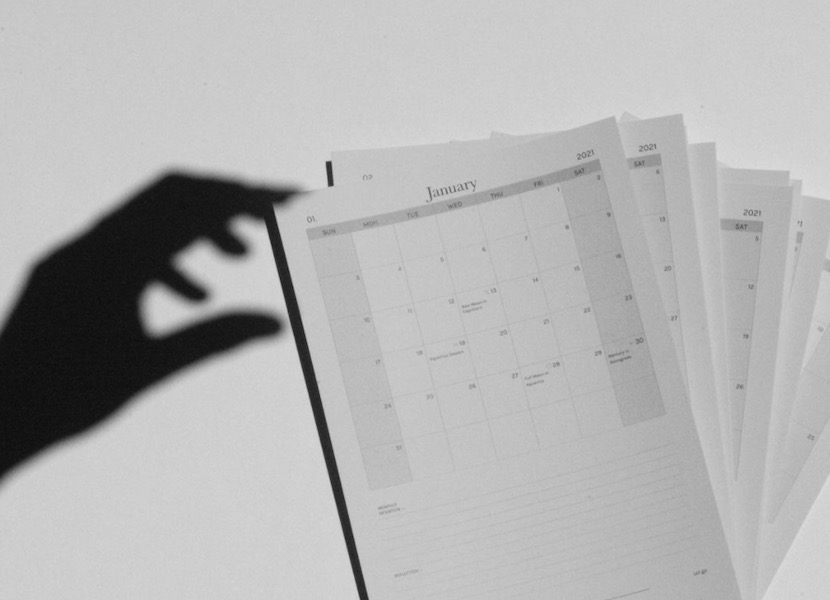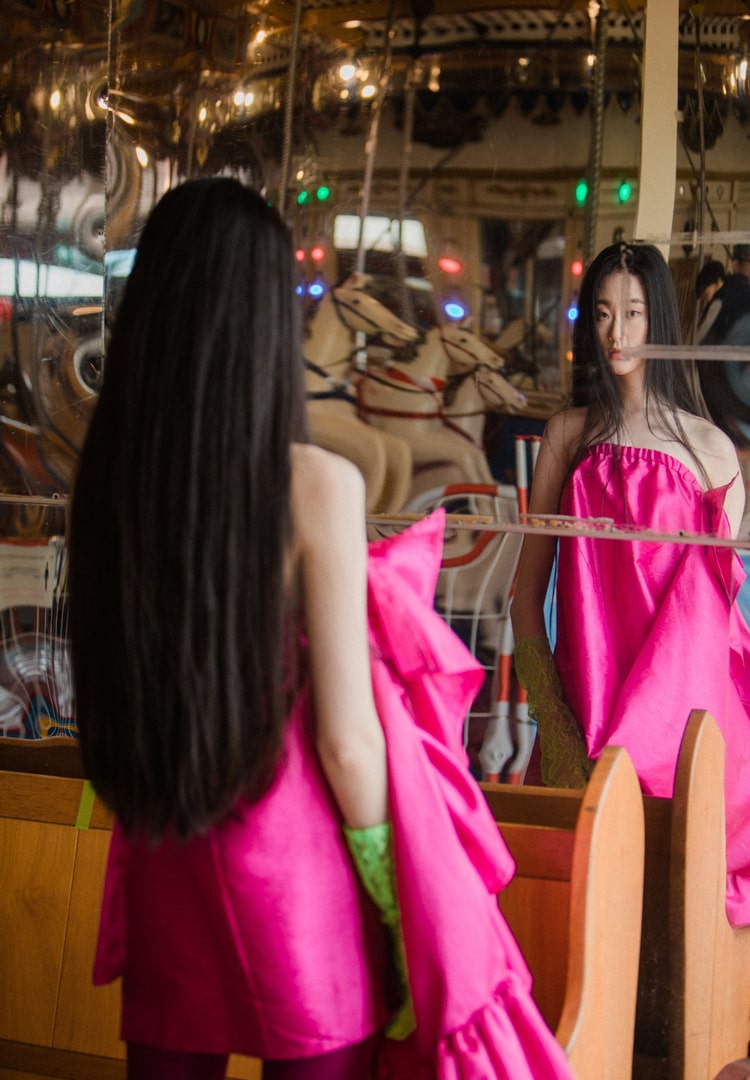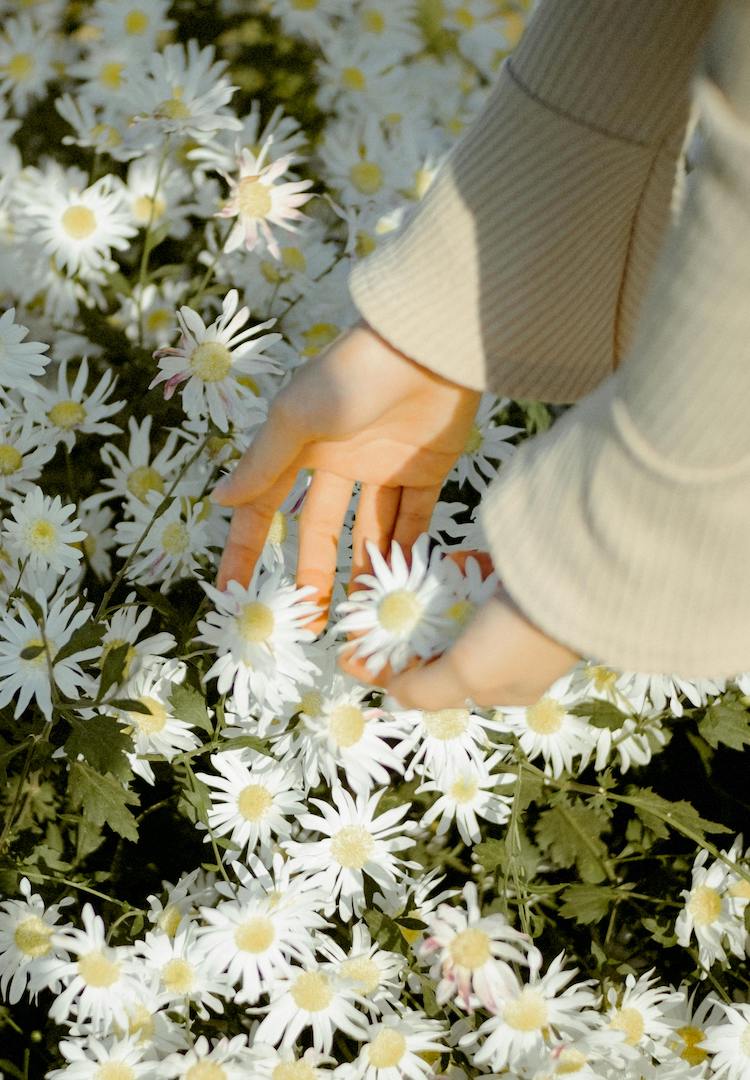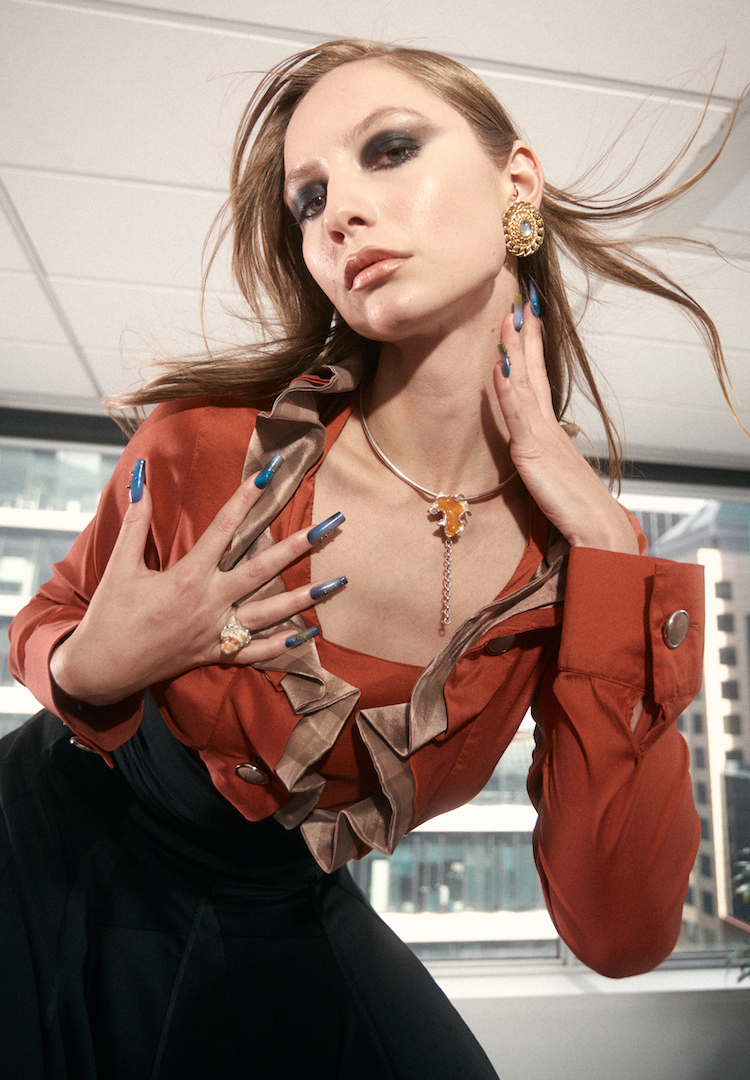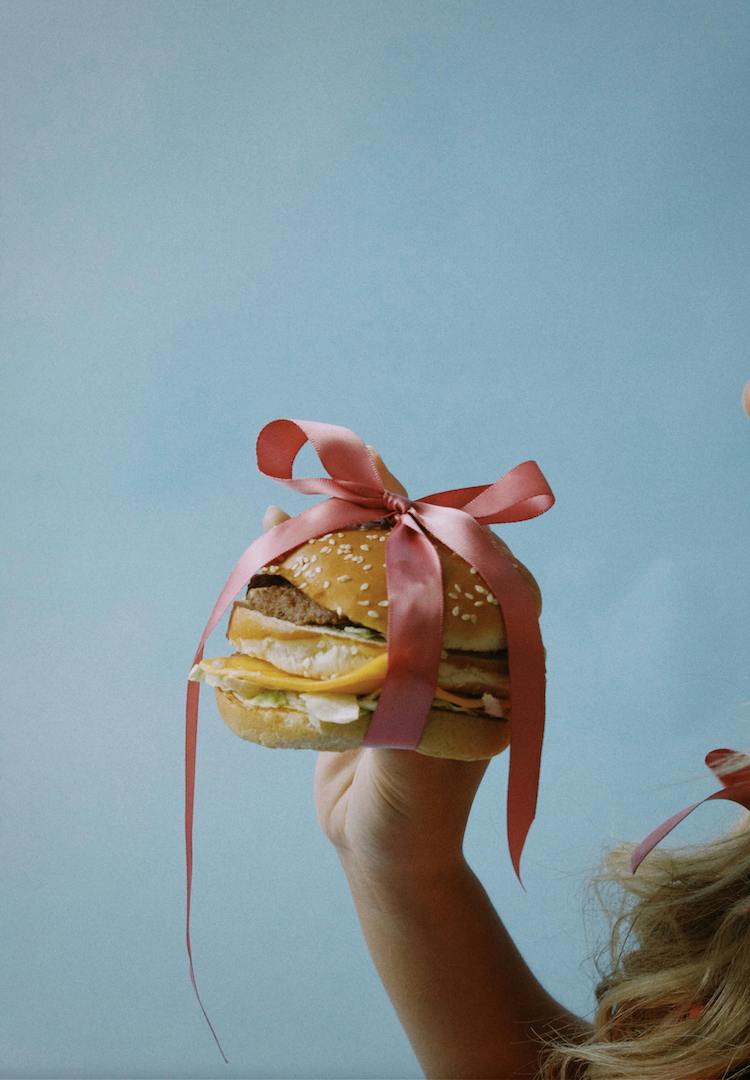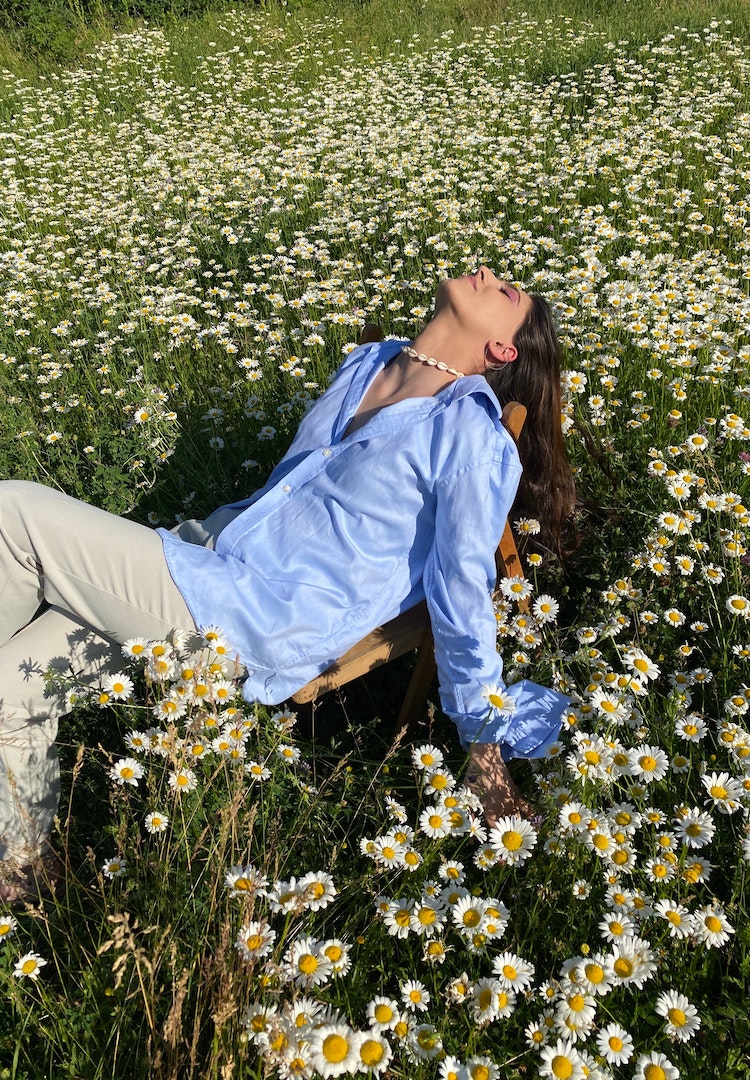I asked the founder of Melbourne-based community and research platform Self Practice how I should approach goal setting in 2021
IMAGE VIA SELF PRACTICE
WORDS BY ANNA RICHARDS
After a year like no other, how might we plan towards the next?
Heavy is the burden of hope on 2021’s shoulders. A group text sent by me on NYE, declaring blurry-eyed that “2021 is going to be our year, I’m calling it” was so dubious that it didn’t elicit a response from a single friend (or maybe they just didn’t want to jinx it).
Instagram impressionist and comedian Jordan Firstman (one of the few joyful trends that came about in 2020) captured this collective anxiety with a recent impression of 2021 undergoing therapy: “I don’t know, I just feel like there’s a lot of pressure on me right now”.
It makes total sense that the need to move on from the past year is so strong that it verges on unrealistic. During my visit home for Christmas, I used the word ‘decompress’ probably 15 or more times to family and friends, willing it like a mantra into action.
A tweet in the early hours of New Year’s Day jokingly announced: “it’s only been 2021 for 15 hours and i already read 14 books, got promoted, built a house with my bare hands, got married to my dream man, gave birth to a beautiful dog named chartreuse AND grew a thick juicy ass what have YOU done today”.
While we await things outside of our individual control (like a vaccine distribution, a drop in universal COVID numbers and perfect skin), reflecting, planning, and working through the things we can control feels responsible. Each year change always vibrates with potential for personal growth, and 2021 should surely be no exception. Even more than that, goal setting for this year feels necessary.
New Year’s resolutions have a flaky reputation though. Two weeks’ worth of clarity and confidence can snap out of existence when self-doubt or old habits come back into play. So where do we find the tools to help us make our professional, personal and creative promises a permanent reality in 2021?
The internet is always a good place to start. Self Practice, a Melbourne-based collection of resources that focus on the “acknowledgement and exploration of the total self”, has a committed community in Australia and abroad. Its followers, called SP Community Members, access workshops on topics like rituals and mindfulness, alongside Self Practice workbooks.
View this post on Instagram
Recent reviews from members praise the platform as being transformative, especially now. “After the year we’ve had this workshop is a soothing balm,” says one reviewer. When I emailed Lauren Trend, the inspiring founder and director of Self Practice, to discuss how to goal set, her commitment to continued self-practice shone through. Even her emails, next to my frantic and strangely timed ones, had a feeling of zen to them.
When it comes to making plans and setting goals for the new year, Lauren places equal responsibility on reflection and action. “When we are able to connect with ourselves, understand our patterns, behaviours, preferences and needs, we can use these reflections and take actionable steps towards more aligned personal, professional and creative practices,” she told me. I spoke to her about implementing best-practice when reflecting on a year of horror, and how to move towards the next one with hope.
Hi Lauren. How can we begin to reflect on the past year?
Reflection can look like mindful journaling, looking back on events in your calendar, or a scroll through your camera roll to unfold the year (including some events you may have forgotten about). The turn of a new year holds this inevitable and often unshakeable pressure to both ‘reflect’ and ‘self-develop’. However, after the year we’ve all had, if reflecting feels like yet another thing on your to-do list, give yourself a moment of reprieve and find something else to centre yourself.
Pausing was a major theme of 2020. Can we try and use that to our advantage when goal setting?
Absolutely. Rest is perhaps the most essential ingredient in creating goals that are aligned with our respective needs, wants and values. An exercise I take everyone through in our Reflection & Intention Setting Online Workshop is to identify ‘feeling goals’ rather than ‘achievement goals’. When we set goals that are concerned with how we want to feel, rather than things we want to tick off or accomplish, we’re far more likely to remain on track and motivated. Identifying goals from a place of authenticity can only happen when we’re able to take pause and process so that we can move forward intentionally and purposefully.
View this post on Instagram
What are some exercises you find helpful when trying to process?
Always writing! It’s such a cost-effective and accessible tool. Breathwork can be incredibly transformative too (when practised respectfully and appropriately). Processing can often be an overwhelming task, so talking things through with a trusted friend/partner/professional can often assist and aid in one’s catharsis.
In your Reflection & Intention Setting Workshop you talk about intentional action. Can you describe what that practice is like?
Intentional action is action that comes from a self-appointed and unique need or internal value-system. All too often we borrow other people’s goals, resolutions and ambitions because it’s something we think that we should want or need. But when we are able to check in with ourselves and identify the things that are truest and most valuable to us, we can take aligned steps towards achieving them.
A lot of creatives have struggled to move past roadblocks this past year. What tools can they use to try and do so?
I’m a big believer in collaboration as an antidote to creative stagnancy. Start exchanging ideas with friends, peers and contemporaries and work together on a project. It doesn’t have to be something grandiose; it might never be published or see the light of day. It could be something as simple as an email exchange, where you communicate using imagery only. When you have a career concerned with creativity, it’s important to remember that our value isn’t contingent on our outpouring of work. Creativity is a practice. Return to the small moments that make you feel inspired and know that rest and resistance is always a part of the process. Our Creativity & Resistance Online Workshop is a great place to explore resistance as a conduit to creativity, rather than an enemy of!
After a year like no other, how can we begin to try and plan towards the next?
It’s a great question and one I’m afraid I don’t have a tangible answer to, because if we’ve learnt anything during the course of this pandemic and the last year, it’s that making plans at the moment is a near-impossible task. The way I’m choosing to approach this next chapter is week-by-week, and when necessary day-by-day, because that’s all we really can do at the moment.
Self Practice’s Reflection & Intention Setting Online Workshop is available until January 21 2020. You can find out more information about it and Self Practice here.

